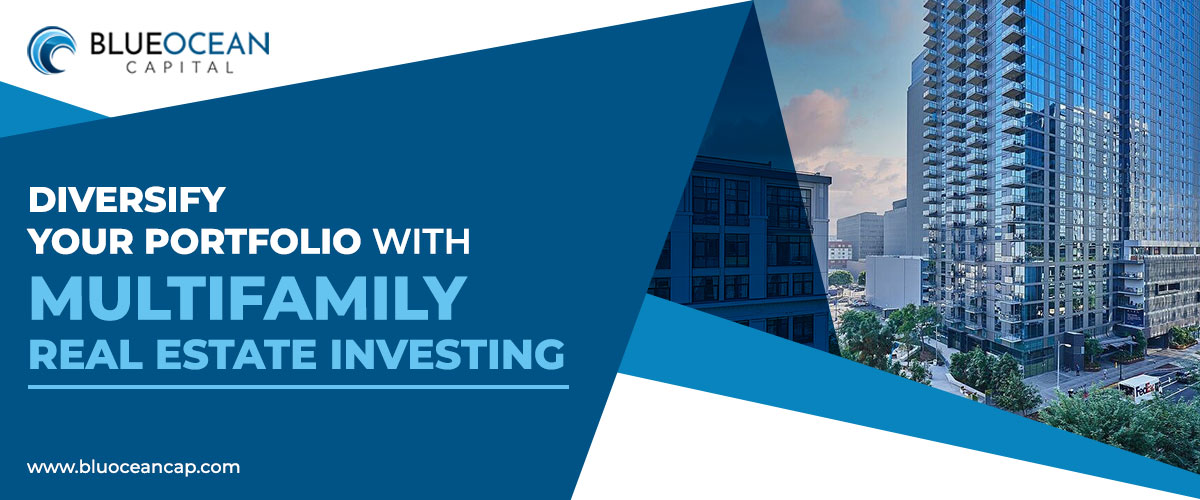
Anything can happen at any time, up to and including a global pandemic, as the past few months have shown us.
While most people immediately think of the stock market when the topic of investing comes up at the coffee shop, graphs like this one should serve as a warning to everyone to start thinking outside the box a little. There would undoubtedly be a height requirement for that roller coaster.
Although it may seem counterintuitive, multifamily real estate and equities are regarded as uncorrelated assets, which means the success of real estate investments is not always impacted by the turbulence in the stock market.
Opportunity Zones that are suitable
While the 2017 Tax Cuts and Jobs Act introduced a number of significant changes for individuals filing personal income taxes, it also included a governmental initiative to “stimulate economic development and job creation” by designating Opportunity Zones across the nation.
An opportunity zone is “an economically challenged community where private investments, under certain conditions, may be eligible for capital gain tax benefits,” according to the U.S. Economic Development Administration. More specifically, if you buy multifamily real estate in one of these qualified zones, you may be able to postpone paying taxes on the income you receive, even from prior investments, as long as you reinvest the gains within 180 days of the sale of the property in a Qualified Opportunity Fund, a vehicle created specifically to invest in Opportunity Zones. When the property is sold or, if earlier, when the advantages expire on December 31, 2026, the taxes must still be paid.
However, if an investor keeps the property for 5 years or more, they can reduce the deferred gain by 10%, 15% for 7, and after 10 years, they are exempt from paying federal taxes on the growth at the time of sale.
It’s simple to get distracted by the numerous advantages you could enjoy for yourself, but you might consider the possibility of building affordable multifamily housing in a region of the country severely affected by the coronavirus to be an even more valuable asset, even if it doesn’t appear on the stats sheet.
PASSIVE INVESTING BLUEPRINT FOR BUSY PROFESSIONALS IN 2022
Exchanges 1031
Even if you choose not to invest in a Qualified Opportunity Zone, 1031 exchanges give you the opportunity to reinvest your gains while keeping them well out of the IRS’s purview.
In essence, a 1031 exchange enables you to reinvest the money from the sale of one property into another without having to pay tax on the sale’s earnings. The new property must be “like-kind” and have a value that is equal to or higher than the old property.
It’s crucial to keep in mind that “like-kind” doesn’t always refer to the same kind of quality. Since both are investment properties, if you were to sell a retail building, you could use the proceeds to buy a multifamily building and still qualify for the 1031 exchange.
Depreciation
Nobody likes to hear the word “depreciation” when talking about investments, but when tax season rolls along, it can be music to your ears, especially if you’re investing in multifamily real estate.
The IRS generally deems your property to be “useful” for 27.5 years, which is roughly how long a rental property depreciates. Thus, for a period of 27.5 years, you can effectively deduct 3.63 percent of the value of your property each year. It’s crucial to keep in mind that the land is a separate matter and is not accounted for in the depreciation of your structure. You can qualify for a $36,000 or more tax credit if you recently invested $1 million in a multifamily property. Additionally, that excludes things like mortgage insurance, home repairs, expert services, transportation to and from your property, and so on.
Stream of Income
This one probably doesn’t need an explanation, I think. Perhaps there is a factor, though, that you haven’t thought of.
When your multifamily investments are fully occupied by tenants, monthly money starts to flow in. It’s simple to imagine spending those leisure periods in prosperous times traveling or indulging in exotic pleasures. However, in these trying times, a source of income that gives you the time to care for your family or your physical health without jeopardizing your financial security is more vital than ever. You might even be in a position to help one of your tenants who has lost their job or experienced any other of the terrible effects that the coronavirus has had on the planet.
Conclusion
Multifamily real estate investing continues to offer sound investment opportunities and the chance to pay it forward for those who are less fortunate as the world continues to live in the shadow of COVID-19.
